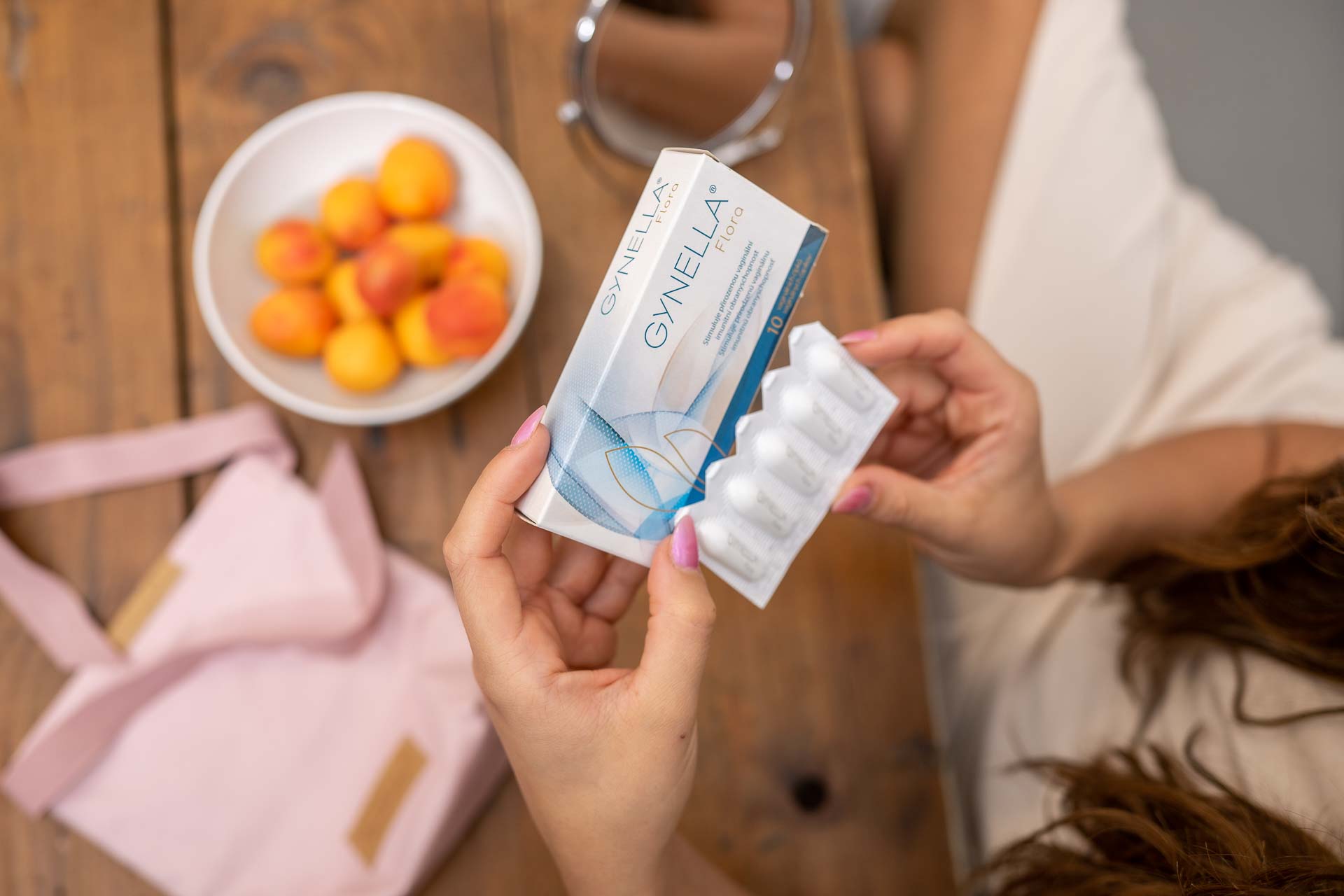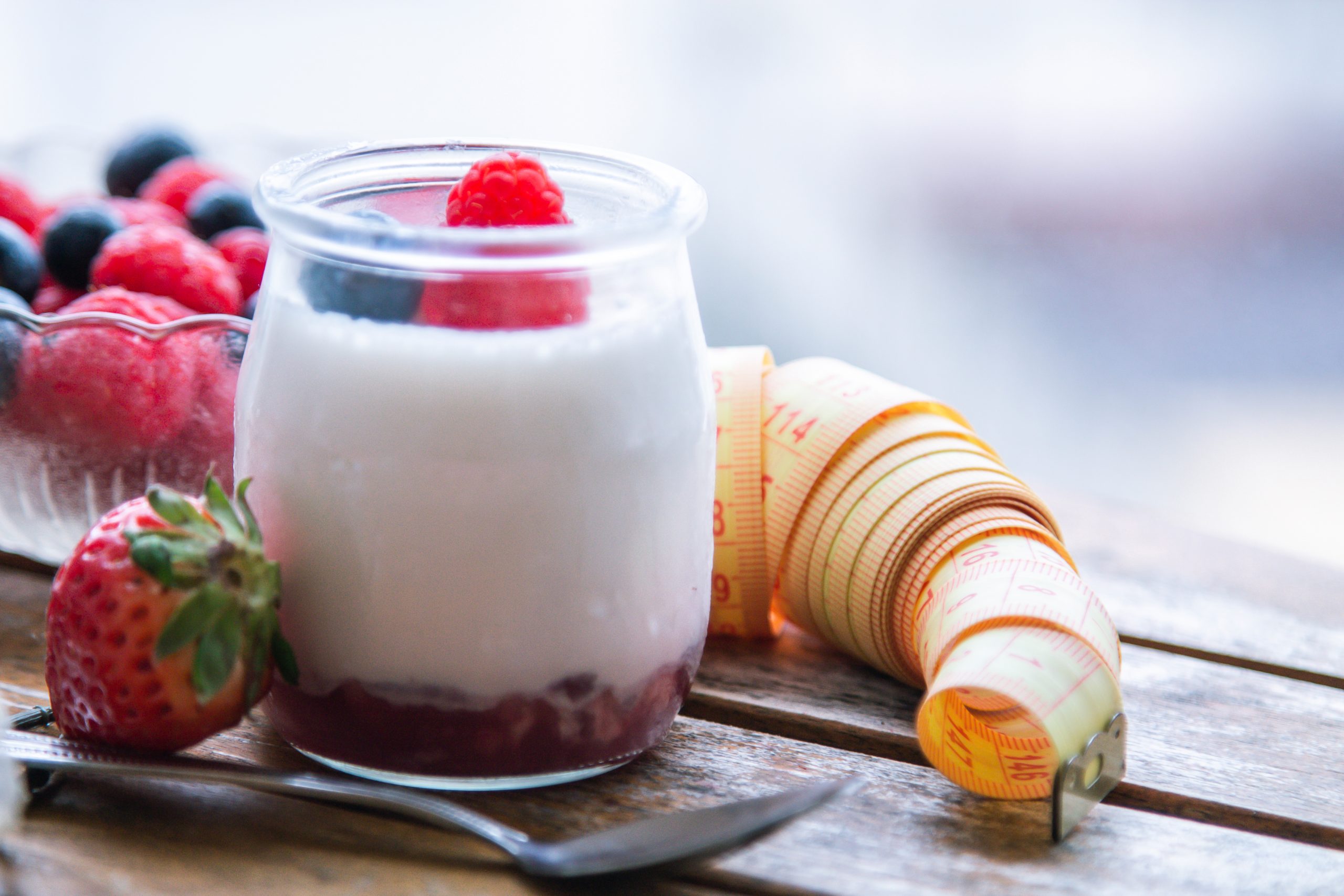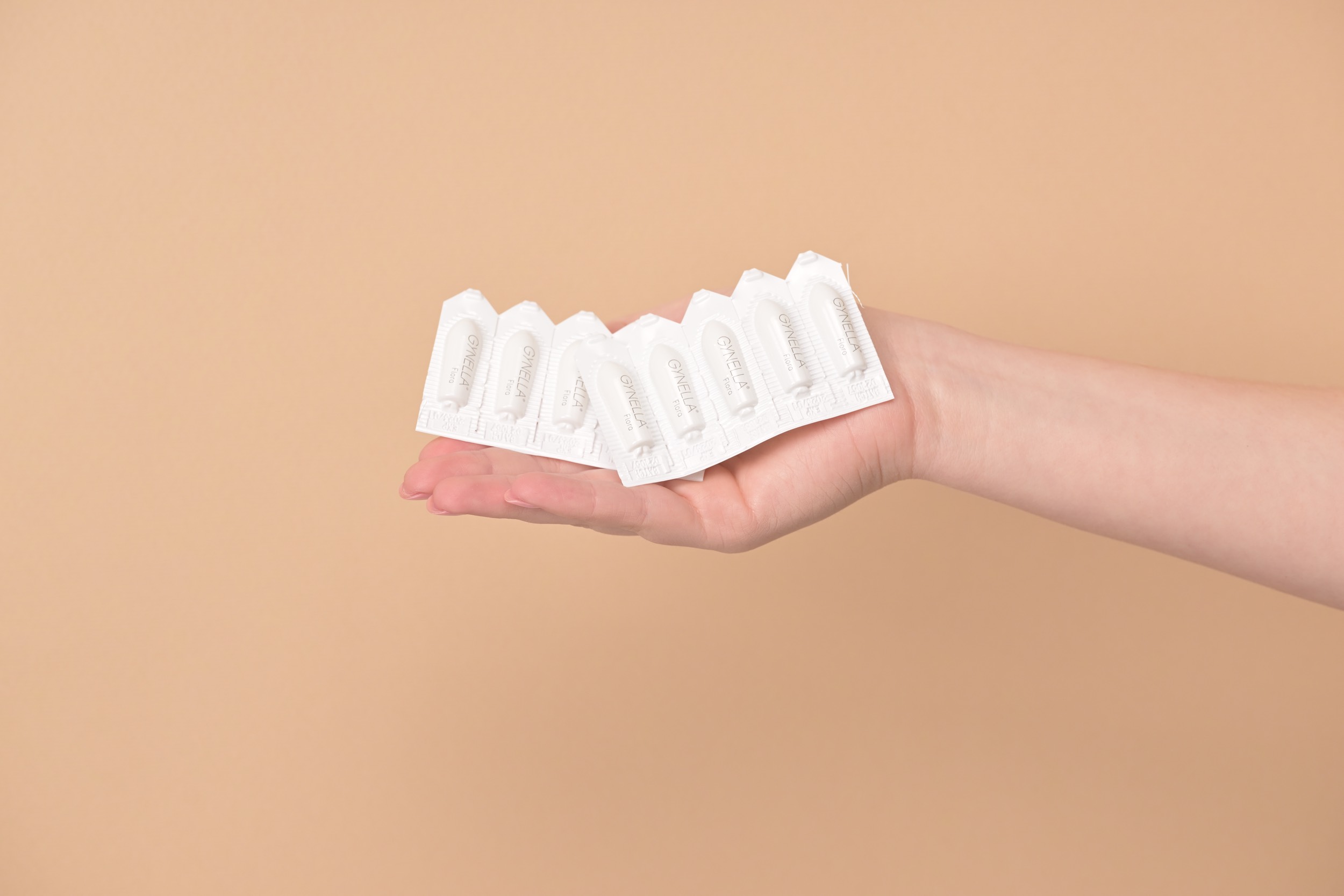Probiotics and the microbiome. Everything you should know
Have you heard of the microbiome and do you know what probiotics are?
If not, you are in the right place.
In this article, you will find comprehensive and understandable information about what probiotics and the microbiome are and how they affect your health.

The microbiome: As unique as a fingerprint
Up to 90% of all cells in our body are made up of bacteria, which together form the microbiome – a unique combination that is as unique to each person as a fingerprint. The microbiome and the balance of “good” and “bad” microorganisms changes throughout life and is affected by factors such as age, hormone levels, diet and medications.
Where do you have the most mold and yeast?
The composition of the microbiome differs not only in each specific individual, but also in parts of the body. We typically find bacteria such as Escherichia Coli in the intestines, for example streptococci on the skin and in the mouth. The vaginal microbiome is characterized by a large presence of lactobacilli, specifically the species Lactobacillus acidophilus. Lactobacilli produce lactic acid, which maintains an acidic environment in the vagina and protects it from infections.
Microbiome and Microflora: What’s the Difference?
In connection with health, in addition to the microbiome, we also talk about the microflora. While the microbiome is a more general term denoting the total set of microorganisms and their action in a certain environment (gut, vagina, skin, mouth), microflora, technically referred to as microbiota, refers only to the microorganisms themselves in a given environment.
Probiotics: Little helpers for your health
If we were to imagine the microbiome as a kingdom and the microflora as its inhabitants, then probiotics are the ones who maintain order and balance in it. Probiotics are various bacteria, yeasts, but most often lactobacilli, which are widely used in the treatment or prevention of health problems.
“It’s already widely accepted that when taking antibiotics, for example, for angina, the doctor or pharmacist immediately recommends the use of probiotics, which help, for example, to prevent diarrhea or other difficulties associated with the treatment. But the fact that the vaginal and intestinal microbiome are continuous vessels, that antibiotics also affect the vagina and that it is appropriate to use vaginal probiotics after antibiotic treatment, is not yet talked about much,” says MUDr. Kristýna Koutná.
Today, probiotics are targeting that target a specific place in the body, such as the neck, intestines, and there are also vaginal probiotics. Vaginal probiotics are the best probiotics for women with discomfort and recurring problems.

Natural probiotics and where to get them
You can “do good” to your microbiome with a varied and balanced diet with enough natural probiotics. You can find them, for example, in kefir, yogurt, sauerkraut, kimchi or fruit. You should avoid eating highly processed foods and should not use any addictive substances. If you do not want to rely only on natural sources, where we do not know the true content of probiotics, there are dietary supplements and over-the-counter medicinal products with probiotics.
Common situations when taking probiotics
With regard to the positive effects for the organism, probiotics are suitable as a supplement to conventional treatment and as a prevention of problems. Here are some examples where probiotics can help:
- A typical example is antibiotic treatment. In addition to the “harmful” bacteria, antibiotics also eliminate the “good” ones that need to be restored. If you do not supplement with probiotics, the microbiome may be
 disrupted, which manifests itself in e.g. diarrhea, constipation, flatulence or vaginal infection.
disrupted, which manifests itself in e.g. diarrhea, constipation, flatulence or vaginal infection. - An imbalance can occur with a drastic change in diet or environment. If you’re going on vacation, don’t forget to supplement with probiotics before your trip.
- The vaginal environment is susceptible to vaginal infections. Probiotics are recommended as support to the treatment and prevention of vaginal mycosis, bacterial vaginosis and other types of infections.
- Vaginal probiotics for women are recommended when “getting used to” a new sexual partner.
- Probiotic vaginal suppositories are a good choice when visiting public swimming pools and hot tubs.
How to take probiotics
As with other dietary supplements, “the more the better” does not apply. Always follow the recommended dosage on the product packaging. If you are interested in how long to take probiotics, you should know that the duration of the probiotic course is usually between 10 days and 2-3 months. Also, don’t expect to see results immediately. The microbiome needs time to come back into balance.
Probiotics before or after meals?
There is no definite answer to this question. The original assumption was that taking probiotics on an empty stomach would allow the probiotics to more easily penetrate the intestines and work. Today, however, there are also studies according to which carbohydrates or proteins can slightly increase the effectiveness of probiotics. It also depends on the specific strain of probiotics and the form in which it is delivered to the body. Vaginal probiotics in the form of suppositories are taken at night to prevent possible discharge from the vagina.
How to take probiotics with antibiotics?
According to experts, it makes no sense to take probiotics after antibiotics, but it is suggested to start use of probiotics simultaneously with abtibiotic treatment and to continue for 1-2 weeks after it. With the oral form, it is advisable to keep a gap of at least 2 hours between the use of antibiotics and probiotics. In the case of vaginal suppositories, there is no need for the time gap.
Adverse effects of probiotics
According to previous studies, some people experience side effects when taking probiotics. Most often it is constipation, bloating or a feeling of thirst. These reactions usually resolve within a few weeks and there is no need to discontinue the probiotic. Adverse effects in the form of inflammation or infection may occur in oncology patients. In these cases, the use of probiotics should always be assessed by a doctor.
Probiotics for children
It follows from the above that probiotics have a positive effect on the human organism. If you have a small child at home, you may be wondering if there are probiotics for him as well? The good news for probiotic fans is that there are probiotics for adults, seniors, children and infants.
Parents of premature babies, babies born by caesarean section and those who did not receive breast milk should become more aware of the use of probiotics. These babies tend to have a fragile microbiome, which manifests itself, for example, in digestive difficulties soon after birth. Since they cannot receive probiotics from their diet at an early age, dietary supplements are an option. Liquid probiotics are produced for the youngest, and flavored chewable lozenges for the elderly. Their use should always be discussed with a pediatrician.
How to choose the best probiotics?
Whether you are looking for the best probiotics for yourself or your loved ones, be sure to consult a doctor who can recommend a suitable preparation or assess the suitability of the preparation you have chosen. It is also good to follow the information on the package, especially the strains of beneficial bacteria contained in the product. If you want to strengthen the gut microbiome, probiotics in tablets or drops are suitable. Vaginal probiotics that do not need to pass through the digestive tract are best for the vaginal microbiome. We will discuss everything about vaginal probiotics in the next article.
Source: Farmaciepropraxi.cz; Zdravi.euro.cz; Wikipedia.org

